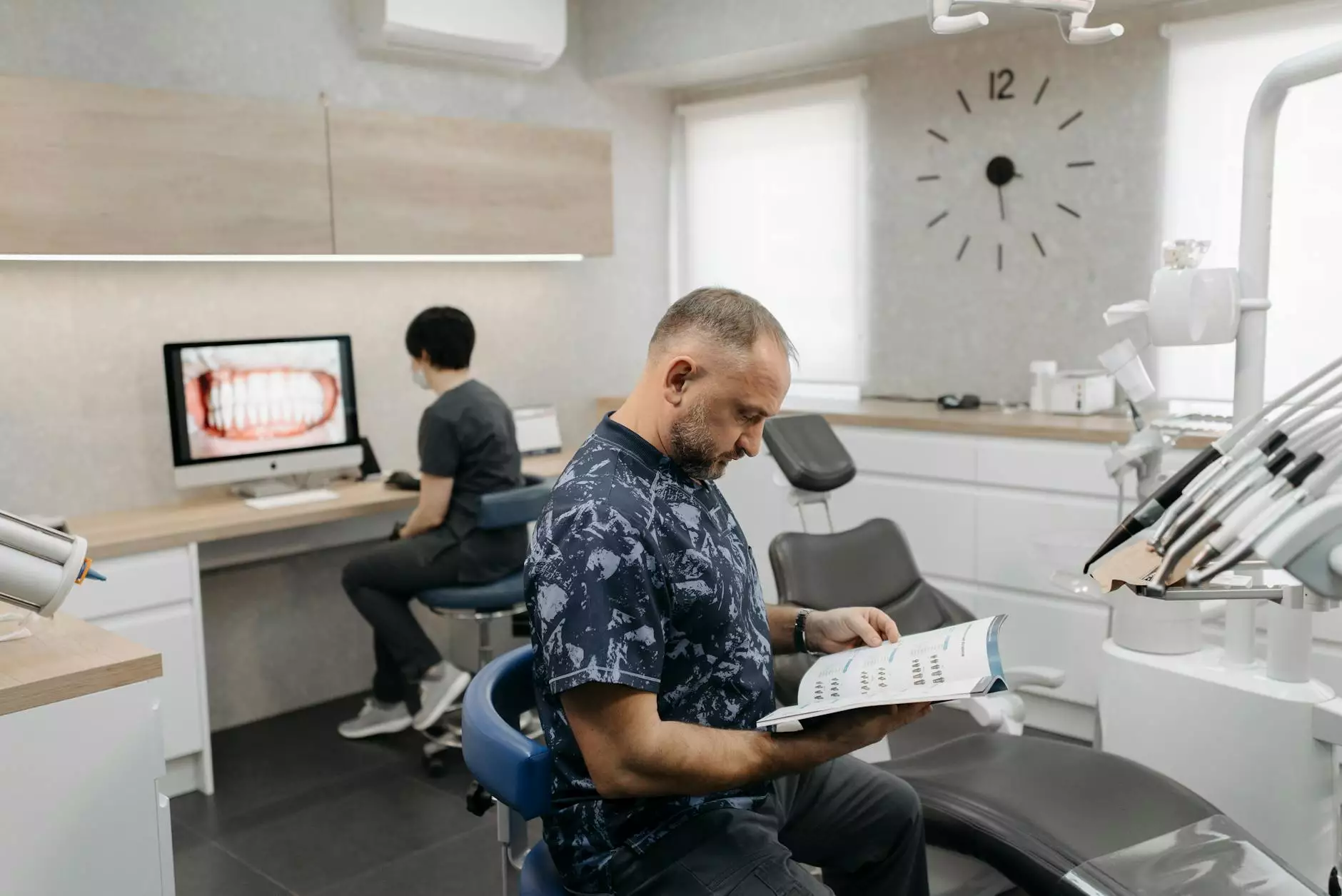Understanding Horse Medicine: Comprehensive Care for Equine Health

When we think about the health and well-being of our animals, it's essential to consider the significant roles that veterinarians, pet services, and pet stores play in providing care and support, particularly when it comes to horse medicine. Whether you're a seasoned equestrian or a new horse owner, understanding the fundamentals of horse medicine is crucial for ensuring that your equine companion thrives. In this detailed guide, we will cover everything you need to know about horse medicine, focusing on the services offered at Blue Pearl's Pet Services and the importance of proper equine care.
What is Horse Medicine?
Horse medicine refers to the branch of veterinary medicine that focuses specifically on the health care and treatment of horses. This can include a wide range of services, from routine health examinations to advanced surgical procedures. The primary goals of horse medicine are to maintain, enhance, and restore the health of equines.
The Importance of Proper Equine Care
Just like any other animal, horses require regular medical attention to ensure they are healthy and performing at their best. Proper care can help prevent serious health issues and improve the overall quality of life for horses.
Key Components of Horse Medicine
- Preventive Care: Regular check-ups and vaccinations.
- Nutrition: Balanced diets tailored to the horse's specific needs.
- Emergency Care: Immediate attention for injuries or sudden illnesses.
- Chronic Illness Management: Ongoing treatment plans for conditions like laminitis or arthritis.
- Surgery: Procedures ranging from minor to major interventions.
The Role of Veterinarians in Horse Medicine
Veterinarians specializing in equine care play a pivotal role in horse medicine. Their expertise enables them to diagnose, treat, and prevent health issues effectively. Here are some ways they contribute:
Diagnostic Services
Veterinarians utilize various diagnostic tools to assess a horse's health. This often includes:
- Physical Examinations: Routine checks for overall health.
- Laboratory Tests: Blood and tissue tests to identify diseases.
- Imaging Techniques: X-rays and ultrasound to visualize internal structures.
Treatment and Rehabilitation
Once a diagnosis is made, veterinarians formulate a treatment plan tailored to the horse's needs. This may involve:
- Medication: Prescription drugs for pain, inflammation, or infections.
- Therapies: Physical therapy or alternative treatments like acupuncture.
- Follow-up Care: Regular check-ups to monitor recovery progress.
Preventive Care and Vaccination
Prevention is a fundamental aspect of horse medicine. Routine vaccinations help protect horses from many diseases. Here are some common vaccines:
- West Nile Virus: A potentially fatal disease that affects horses.
- Tetanus: A serious bacterial infection that causes muscle stiffness.
- Eastern/Western Equine Encephalomyelitis: Viral diseases that can lead to neurological issues.
Consulting with your veterinarian at Blue Pearl's can help create a tailored vaccination schedule based on your horse's lifestyle and potential exposure risks.
The Importance of Nutrition in Horse Medicine
A horse's diet directly influences its health and performance. Feeding practices should consider:
- Age: Nutritional needs change as a horse grows.
- Activity Level: Performance horses require different diets than leisure horses.
- Health Conditions: Specific dietary restrictions may apply to horses with health issues.
Consulting with a veterinarian or equine nutritionist can optimize your horse's diet, thus enhancing their health and performance.
Emergency Procedures and Critical Care
In cases of emergencies, prompt veterinary intervention can be lifesaving. Here's how horse medicine prepares for the unexpected:
Common Equine Emergencies
- Colic: Abdominal pain that can stem from various issues.
- Laminitis: Inflammation of the hoof that may lead to severe pain.
- Injuries: Cuts, fractures, or soft tissue injuries necessitate immediate attention.
Knowing how to respond to these emergencies can make a significant difference in the outcome for your horse. Keeping the contact information of your local veterinarian easily accessible allows you to act quickly if necessary.
The Benefits of Regular Check-Ups
Like humans, horses benefit greatly from regular health check-ups. These visits allow for:
- Early Detection: Catching potential health issues before they become severe.
- Continued Education: Staying informed about equine health and new treatments.
- Building Relationships: A trusted veterinarian can better understand your horse’s specific needs.
Integrative Approaches to Horse Medicine
Modern veterinary practices are increasingly embracing holistic and integrative approaches to equine health. This may include:
Alternative Therapies
Some horse owners incorporate alternative therapies to complement traditional medical treatments. Popular options include:
- Acupuncture: Used for pain management and overall wellness.
- Chiropractic Care: Aimed at realigning the spine and improving mobility.
- Herbal Medicine: Natural supplements that support various aspects of health.
Choosing the Right Equine Veterinarian
Finding the right veterinarian for your horse is critical to ensuring they receive the best care. Consider these factors:
- Qualifications: Ensure your vet has the necessary certifications and experience in equine medicine.
- Specializations: Some vets specialize in areas like sports medicine or behavioral issues.
- Availability: Look for a practice that offers emergency services or on-call options.
Conclusion: Prioritizing Horse Medicine for Optimal Health
As horse owners, we are responsible for the health and well-being of our beloved animals. Understanding the principles of horse medicine allows us to take proactive steps toward ensuring their optimal health. From regular veterinary check-ups, proper nutrition, and embracing preventative care, each element plays a vital role in the equine health landscape.
At Blue Pearl's Pet Services, we emphasize the importance of quality care and up-to-date information when it comes to your pet's health, including specialized equine services. By prioritizing prevention and building a relationship with your veterinarian, you can ensure that your horse lives a long, healthy, and fulfilling life. Remember, your horse's health is not just a priority — it's a commitment.








